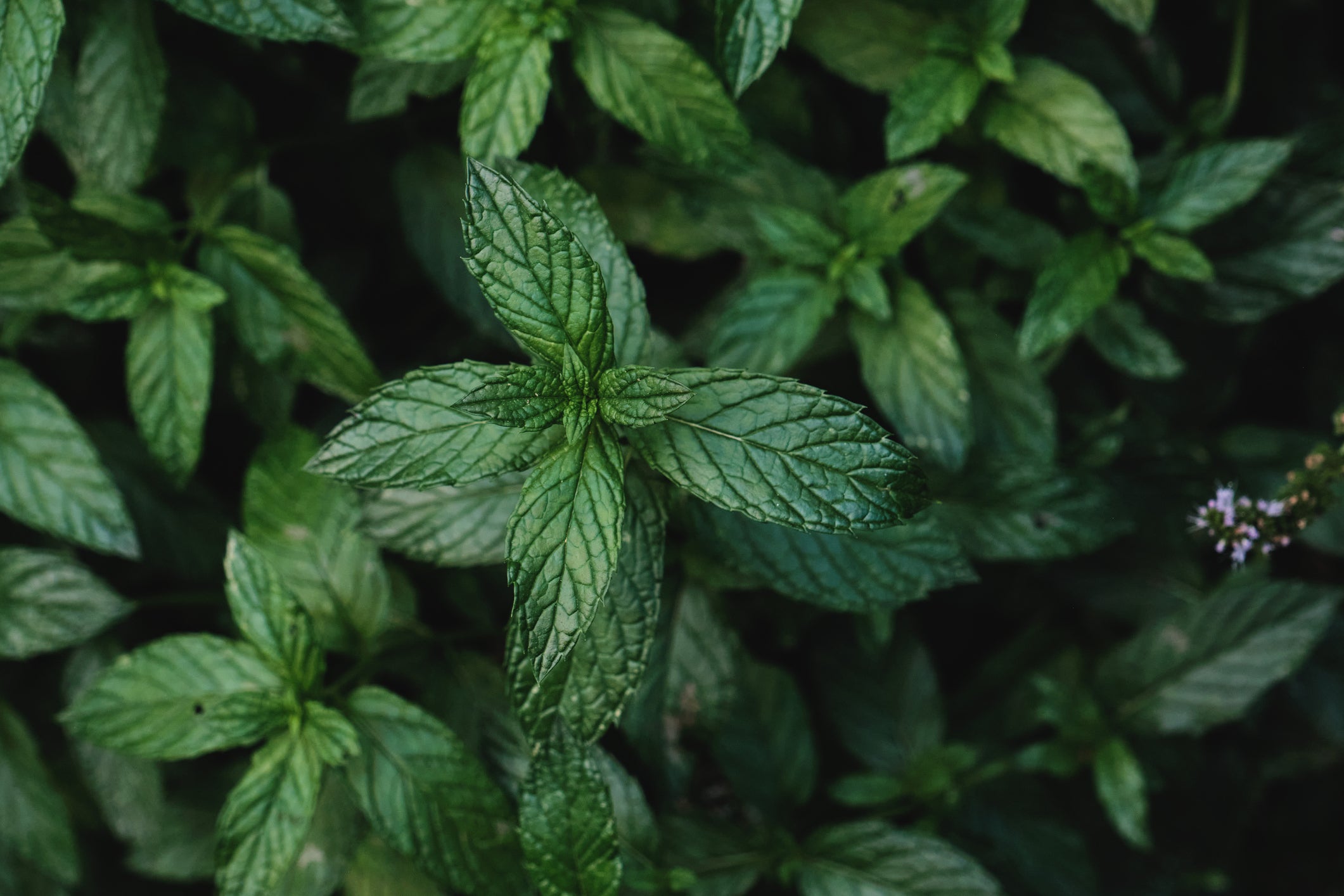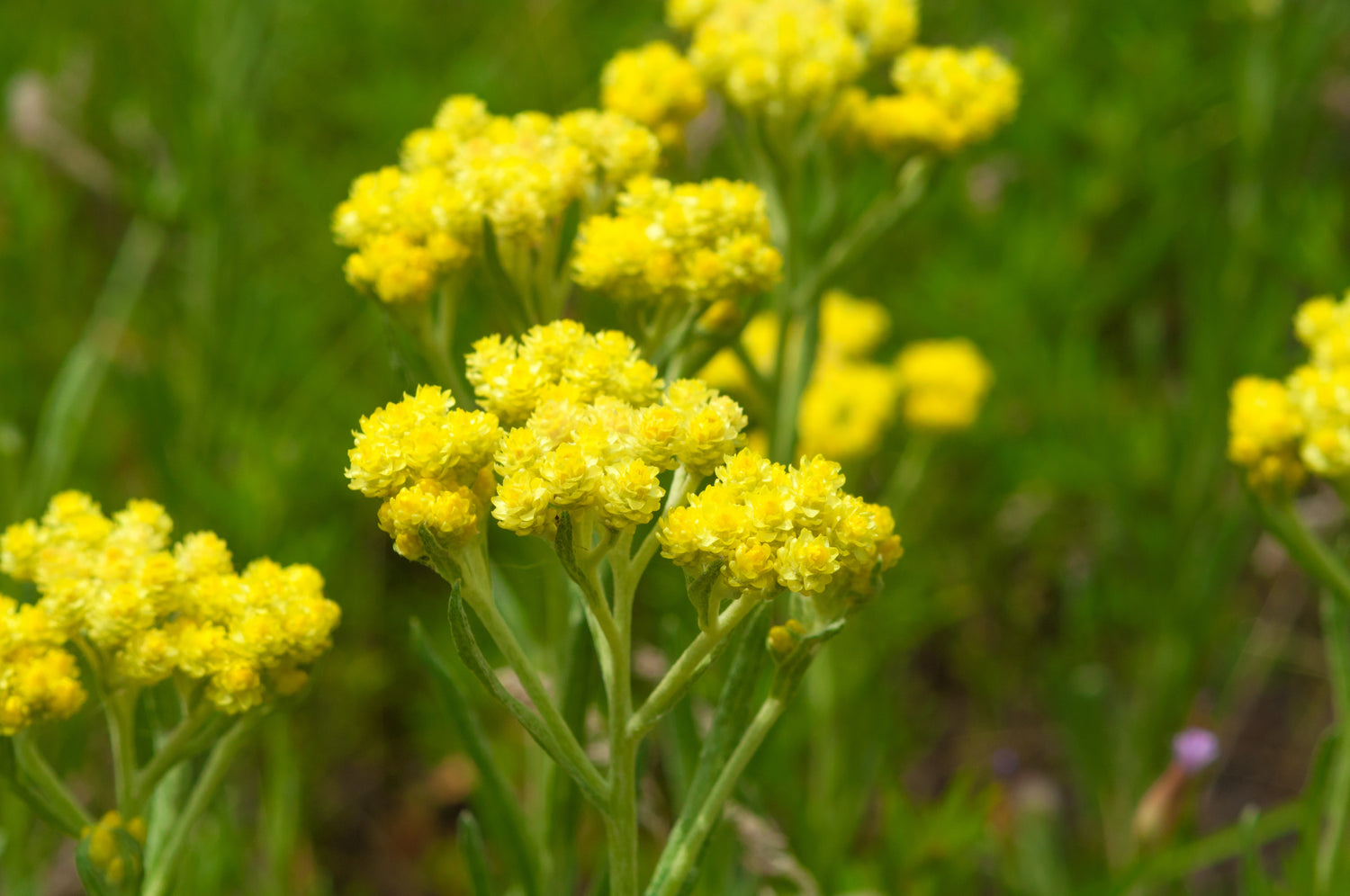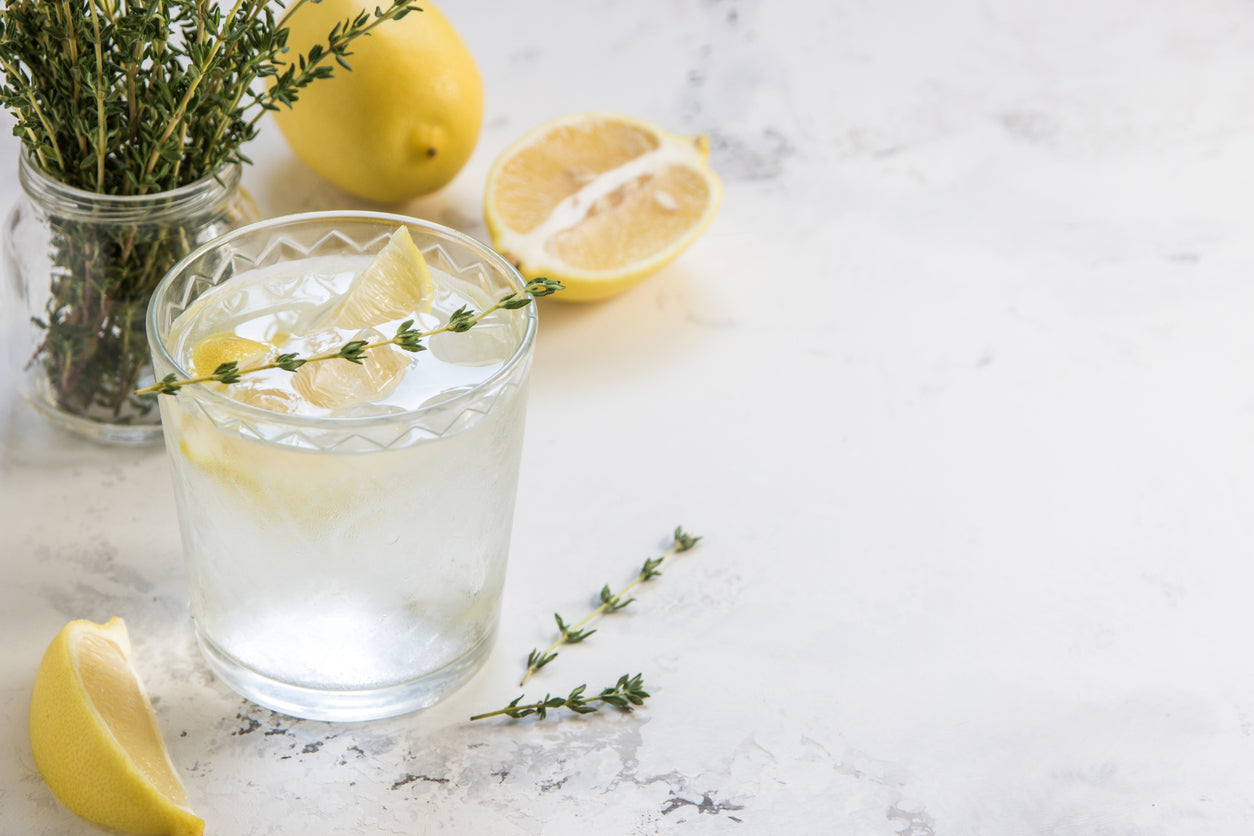Whether we belong to the Baby Boomer or X generations, or we are Millennials, Generation Z, or Gen Alpha, most of us have become an indoor generation. We live, work, and commute indoors, with little contact to our natural environment. And although we may have learned to speak foreign languages and write highly efficient computer code, most of us will be hard-pressed to recognize and name more than a handful of herbs and plants; let alone their many benefits.
Now, more than ever, we need to reconnect with nature. We cannot save our planet, if we don’t reacquaint ourselves with our physical environment and learn to appreciate not only the vast oceans and gigantic rainforests, but also the tiniest, unassuming herbs and plants.
That’s why we need to talk about mint.
Mint is a herb with a rich history
The herb was originally named after a Greek nymph named Minthe. According to Greek mythology, Minthe was the daughter of a river god named Cocytus, and had an affair with Hades, the god of the underworld. As the story goes, when Hades’s wife, Persephone, found out about their relationship, she became so jealous that she transformed Minthe into a plain-looking herb. Hades, feeling sorry about Minthe’s fate, gave the herb a pleasing scent, so that people would appreciate mint for its sweet fragrance.
But mint’s pleasant aroma was not the only quality that made the herb attractive to people. One of the oldest surviving medical texts in the world, the Egyptian Ebers Papyrus from 1550 BC, cites mint as a digestive aid and a means to soothe stomach pains. In Ancient Greece the use of mint was suggested by Hippocrates and Galinos as a remedy for dyspepsia, neurological conditions, vertigo, sleeplessness, gastritis, cough, common cold and sore throat. And mint was also widely used in medieval Europe. People would mix mint leaves with vinegar to use as a mouth wash, or they would just chew on the raw leaf to achieve fresh breath.
What we know and keep learning about mint
Today, several varieties of the mint herb, as well as numerous mint-based products, are being researched for their therapeutic potential. Here’s what we know about this humble but highly beneficial herb:
1. Mint is filled with nutrients
Mint is rich in nutrients like vitamin A, C, D and E, which are good for our immune system. Also containing iron, manganese, folate and antioxidants, the herb deserves to be included in our diet.
2. Mint can improve digestion
Mint has been used for centuries by countless cultures to help with digestive health. As an anti-inflammatory, the herb can help ease stomach pains by reducing inflammation and relaxing the muscles in the digestive system.
3. Mint can help ease the symptoms of the common cold
The common cold is caused by a virus. This means the herb can’t cure the common cold, but it can at least help relieve its symptoms. Research has shown that mint, and its active chemical menthol, can help improve nasal breathing, by decongesting the sinuses.
4. Mint keeps the mouth fresh and healthy
There is good reason why mint (and its organic compound, menthol) is an ingredient in toothpaste, mouthwash, and gum. Mint freshens the mouth and breath, can kill bad-smelling bacteria, and even relieve mouth ulcers.
5. Mint can be an effective analgesic
A 2006 University of Edinburgh study suggested that a mint-based analgesic treatment inspired by ancient Greek and Chinese remedies can offer pain relief for sprains, joint pains and skin inflammation when applied in small doses to the skin. Similarly, in 2022 an article published online in the Frontiers in Molecular Science established that “several in vitro and in vivo studies have demonstrated menthol’s biological properties, such as its analgesic, antibacterial, and antifungal [...] effects.”
6. Mint can soothe and cool irritated skin and muscles
Mint, with its antibacterial properties, salicylic acid and vitamin A, can be extremely beneficial for acne-prone, irritated, or inflamed skin and muscles. Our ATHONITES RELAXING BODY BALM, naturally scented from refreshing eucalyptus essential oil and peppermint extract, hydrates, soothes and comforts overworked and tired muscles, delivering much-needed immediate relief. Similarly, our ATHONITES HYDRATING COOLING LEG GEL, with organic lavender and peppermint essential oils, relieves, refreshes, and hydrates tired and heavy legs, facilitating the blood flow and enhancing the natural microcirculation.

Cool and refreshing, mint is a herb that grows profusely, and it's almost everywhere we look. But maybe because it’s so ubiquitous, we tend to overlook it and not give it the attention it deserves. Isn’t time to take notice and take advantage of the many gifts the humble mint herb has to offer?






